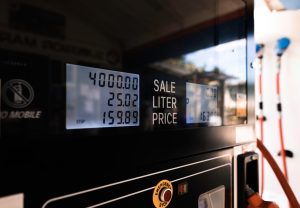Pillars Of Green Gas Awareness: Tips For Improving The Environment
Green gas awareness is supported by:
– Energy efficiency
– Conserving water and electricity.
– Reduce pollution and emissions of greenhouse gases
These pillars are crucial because they will lower our overall cost of living and enable us to accumulate savings over time. Making ensuring we use our resources appropriately is also crucial.
What precisely is gas green? The two main components of green gas, often known as propane or liquefied petroleum gas (LPG), are hydrogen and carbon monoxide. Carbon monoxide serves as a filler and burns hotter than other gases, while hydrogen helps power vehicles and power tools. Because green gas has a lower boiling point than regular gasoline, you can use less of it in your car. Green gas is a combination of these two substances. The substance creates a heavy fog that remains inside your car when combined with air.
Once you comprehend this fundamental idea, you can start using green gas. You may purchase your own by going to any hardware store or hardware chain; there are even internet stores that sell it!
The environment is something we are all concerned with, but what happens when your car runs out of gas?
There are some easy steps you can take to protect the environment and make your Green Gas station as green as possible if you own one.
To begin with, confirm that you are at a Green Gas station. It needs to be visible to you and situated close to residences or places of employment. You can also inquire with the attendant about if the gas station has received environmental certification from a certain collection of organizations.
When you get to the gas station, make sure you only fill up with green gas! In other words, the fuel used in their vehicles is produced using sustainable resources like corn, soybeans, and switch grass. The objective is to lessen emissions and pollution while also decreasing our reliance on importing oil from abroad.
REDUCE, REUSE, and RECYCLE is one of the best ways to protect the environment. Start recycling your waste if you have a lot of it and haven’t already. Reduce the amount of non-recyclable items you use and avoid purchasing new ones unless absolutely necessary.




